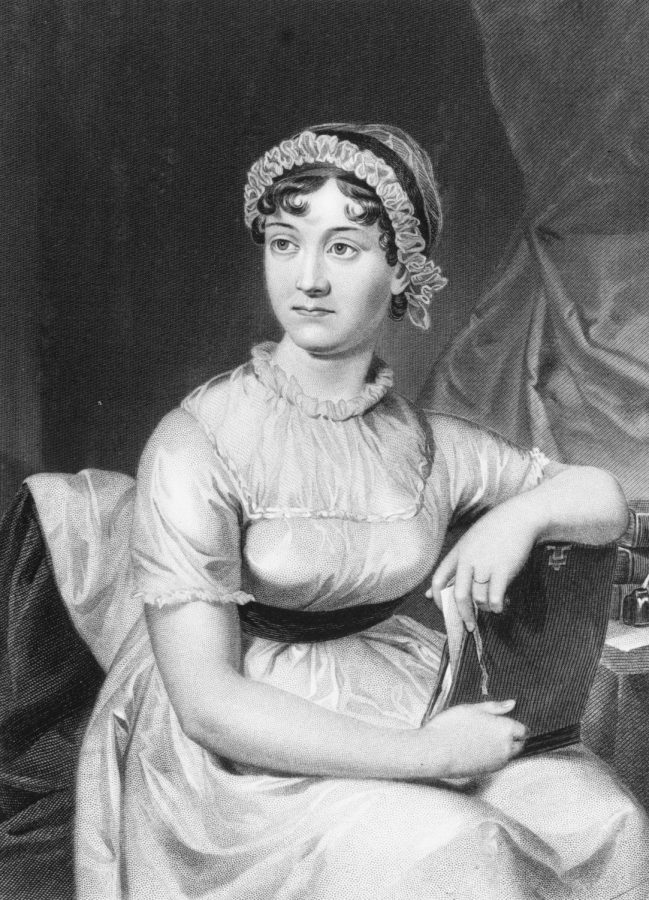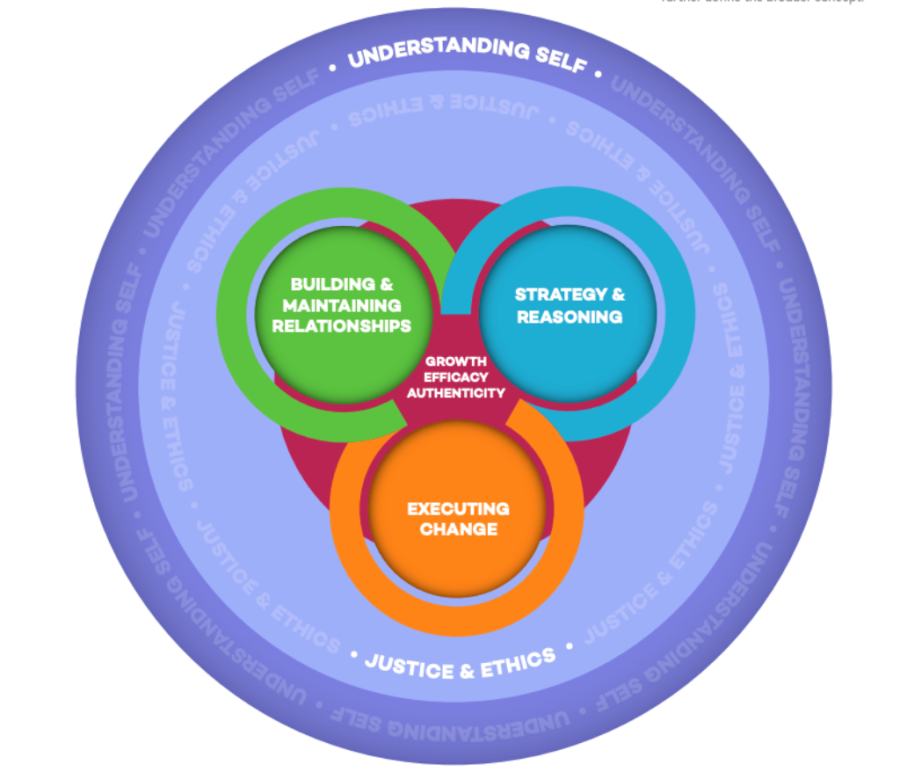I was driving on Saturday night, right at the time when dusk is falling and fewer people are on the roads, rounding a curve on Highway 55. The car in the left lane was going just below the speed limit, and, somewhat annoyed, I changed lanes and accelerated slightly to go around them. The same thing happened a bit further south on the road. But, what I realized in my actions, was that ignoring my speedometer, or more specifically, the risk of being noticed by a police officer while doing so, was not exactly of huge concern. The bright red car I drive is not inconspicuous, and yet I, like many others I know, am not judiciously cautious about speeding.
In the brief moments I passed the cars on the highway, I realized that speeding is a privilege. If I were to be pulled over and ticketed, I would not be happy, but I would be able to pay the ticket and an interaction with a police officer would likely not place me in a position of potential danger. However, for those who are undocumented, financially insecure, or systematically targeted racial minorities, being pulled over is much more significant. Speeding is a risk that many people who fit into any one of those categories would not be willing to take.
If an individual is undocumented, being pulled over could reveal the person’s lack of citizenship or proper documentation, possibly resulting in his or her deportation. Similarly, members of African American communities often have tense relationships with the police, resulting in a lack of desire for unnecessary interactions. While this is a generalization, it is true that black communities experience a disproportionate amount of violence and discrimination from law enforcement, especially in urban areas. Further, for those that struggle to make ends meet financially, a speeding ticket is not affordable. The potential gain of reaching one’s destination a minute or two earlier does not outweigh the massive risk of incurring an expensive ticket.
When I do not purposely consider my speedometer, the depth of my privilege is revealed. I am a white woman who has been raised in a financially comfortable household, and my risks are not the same. My potential losses are simply monetary, but those of others are much more significant and potentially life-altering. Driving is an inconsequential part of my daily life, but my ability to neglect to check my speedometer speaks volumes about my own privilege.







